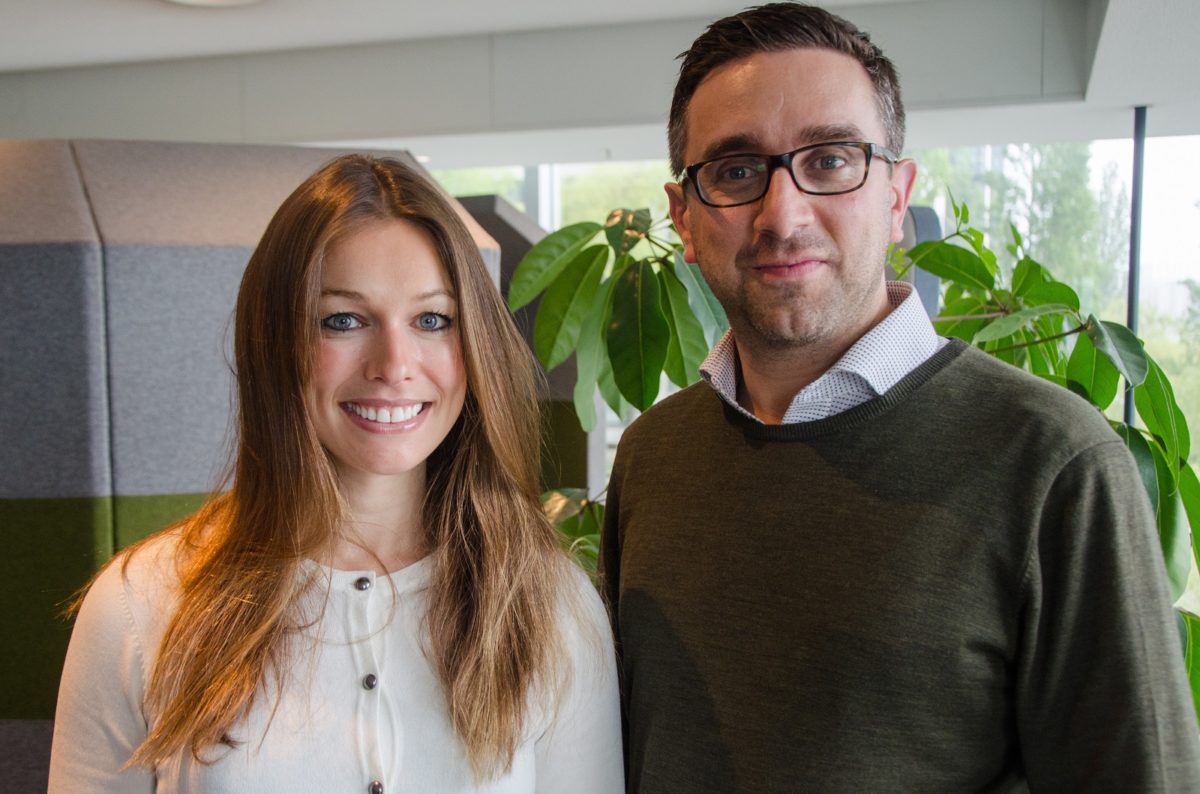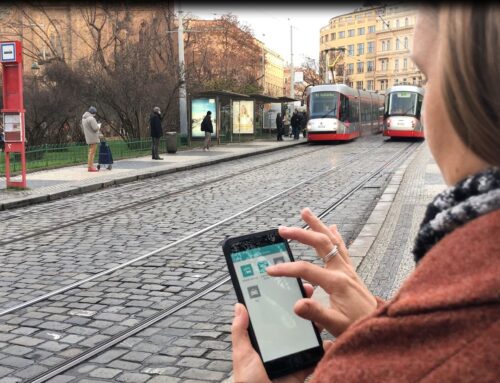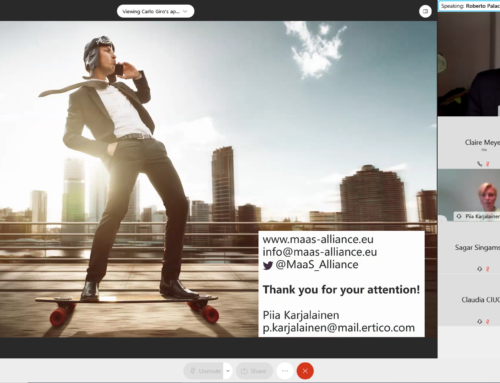We spoke with Marie-Claire Smith and Jeremy Godley, lawyers from Osborne Clarke LLP, an international law firm. As legal partner to the MyCorridor consortium, Osborne Clarke LLP provides legal advice on Mobility as a Service (“MaaS”) and the MyCorridor research project to fellow MyCorridor consortium partners. Marie-Claire and Jeremy presented the perspective of Osborne Clarke LLP in working as a project partner and legal advisor on the project, their roles within the MyCorridor project, and the future of the MaaS concept as a driver of innovation in the transport sector.
Some of our consortium partners have given us their take on “Mobility as a Service” (MaaS). How do you, as legal experts, define the MaaS concept?
Jeremy Godley (JG): MaaS solutions are an attempt to weave together different transport options into a single joined-up service so that travellers benefit from a personalised and practical solution to get from A to B.
Marie-Claire Smith (MCS): MaaS is essentially a tailored, simplified and convenient multimodal travel solution. From one single mobile application, with one single payment, you can travel from A to B using one ticket, via multiple modes of transport, selecting transport options, which are most suitable to you and your lifestyle.
Let’s take a closer look at your role in the MyCorridor project. Providing legal advice is a broad remit, what were your main contributions?
JG: Until recently, our main focus was advising our partners on compliance with the EU General Data Protection Regulation (GDPR) and related privacy legislation. Large amounts of passenger data are absolutely necessary for a functioning MaaS solution to work effectively. We ensure that this passenger data is consistent with the EU privacy law regime. We are also developing the contractual framework that will support the platform. Furthermore, we will focus on the delivery of a cross-border MaaS landscape. That is going to be a really fascinating aspect of our involvement in MyCorridor and we’re looking forward to getting started on it.
What kind of questions do the MyCorridor partners have?
MCS: One of the key questions is definitely: “How can a MaaS model, which relies on processing large volumes of data, including personal data, function in a cross-border setting?” Even with the introduction of the GDPR divergences across EU Member States still exist, creating additional challenges for the consortium.
JG: Besides questions on the GDPR aspect, which are very important, other areas of focus for the MyCorridor partners include getting the right contractual framework in place both for passengers and service providers. Another important question is dealing with the sharing of liability between the consortium as operator of the MaaS platform and the service providers.
Why did Osborne Clarke join the MyCorridor project?
JG: Working as a member of a consortium and as an equal partner is quite a unique way for a law firm to participate in such a project. And it’s fair to say we are quite enjoying our role in the consortium, because it gives us space to shape the direction of the project. We are looking at legal issues in MaaS more strategically by considering overall legal framework and make some recommendations for where legal barriers or other inadequacies can be addressed. It’s an exciting way for Osborne Clarke to be immersed in MaaS!
MCS: Keeping on top of technical and strategic changes, and understanding the underlying software, is key for Osborne Clarke to be able to properly advise the consortium, as legal considerations may not always be obvious on their face.
Back to the MaaS concept: the MyCorridor project should provide a foundation for future technical developments and business models in the transport sector. What innovations can the user expect in this fast-moving sector in the next few years?
JG: Recently we have discussed about the beginning of this project, when MaaS was a new concept known only by certain experts and insiders in the transport and technology fields. We are now more than two years into the journey and it is fair to say that a broader cross-section of people with an interest in the industry are aware of it. More importantly travellers are experiencing and benefiting from it. MaaS has grown tremendously and will continue to grow as long as transport authorities, transit operators, start-ups and innovators are all engaged in it. We all look to the lead of cities such as Helsinki with its hugely successful “Whim” app. In the future I would expect to see more focus on combining city-based and other localised MaaS offerings.
MCS: The MaaS concept is now well understood within the transport sector and beyond, with government bodies across the EU showing interest and pushing discussions and policies, which could drive MaaS deployment. There is a great shift across Europe from how things stood at the beginning of this project in 2017.
JG: MaaS should also be recognised as part of the wider toolkit for urban planning, at least in policy terms. We need policy experts in every major city to look closely at growth of MaaS and the impact that passenger transport can have on urban areas in terms of congestion, emissions and safety. This is especially important in the already congested urban environment. One of the innovations in MyCorridor is the use of TM 2.0, a traffic and congestion management tool, which hopefully will balance the convenience for the traveller with the wider need to keep transit moving across cities.
MCS: Let’s not forget the innovation aspect. As mentioned, for a MaaS model to be successful, it is heavily reliant on access to data. Of course, owing to the value of data to organisations, insufficient access to quality data can hinder the development of MaaS. However, we are observing movements towards opening up access to transport and traffic data, particularly at a European Commission-level, which could facilitate competition and deployment of MaaS.
Since you work in an international project, what did you learn about the other members’ approach concerning MaaS and the MyCorridor project?
JG: One of the most refreshing things about the MyCorridor project is the way it gathers so many enthusiastic and committed experts around the table from many countries. Our discussions, sometimes heated but always interesting, really demonstrate to me how this idea has captured imaginations across Europe.
Are you going to participate in other MaaS projects and do you expect other spill over effects for Osborne Clarke?
JG: The answer is a definitive “yes”. It is really important for us to be involved in MaaS which will be one of the key innovations to shape mobility in the years to come. Osborne Clarke is a technology and innovation-focused law firm, and we thrive on helping our clients overcome the legal challenges that come from being at the forefront of their sectors. For our clients in transport, such as mass transit operators, transport authorities, manufacturers and others, we are already seeing steady demand for our legal expertise in MaaS across a range of legal issues.
Where can interested readers find out more about your work?
MCS: Follow the MyCorridor Twitter account, which is a good way to receive regular MaaS-related updates. As a law firm experienced in this area, we also regularly publish articles about legal issues on MaaS-related topics such as data protection, security, competition law, and contractual considerations. You can find these publications on Osborne Clarke’s website and by following Osborne Clarke on Twitter.







